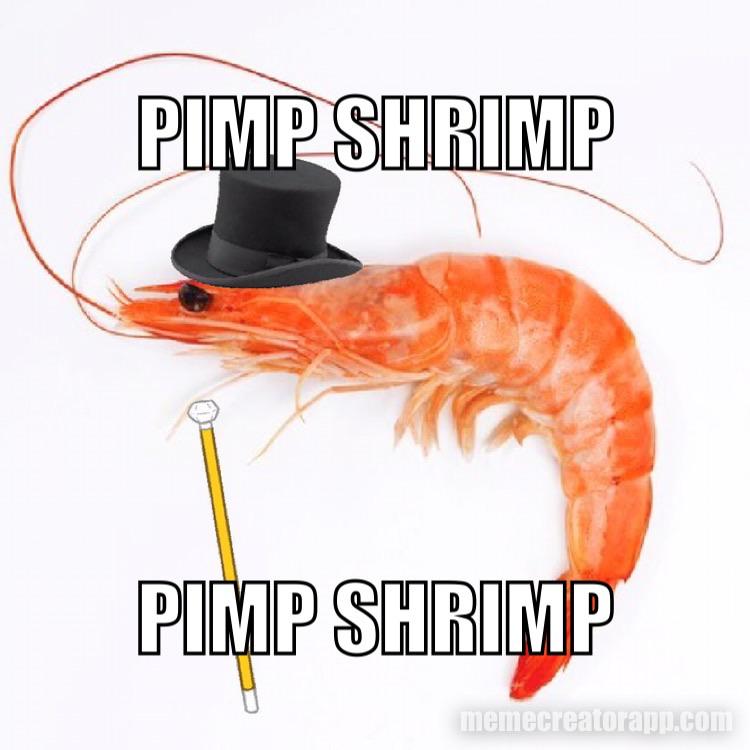Picture this: you’re about to enjoy a mouthwatering shrimp cocktail, but wait – these aren’t your ordinary shrimp; they’ve been RNA-voted! With ViAqua’s groundbreaking RNA-based shrimp vaccines, the seafood industry is diving headfirst into genetic modification. But are we ready to take a bite out of this brave new world of aquatic GMOs? More on this below. Keep reading.
Innovative approaches to disease management in the aquaculture industry are poised to revolutionize the way we consume seafood. ViAqua, an Israeli company, has recently secured $8.25 million in funding from venture capitalists to develop oral RNA-based “vaccine” drugs for marine life, including shrimp. This groundbreaking technology aims to address the persistent issue of disease outbreaks in shrimp farms, potentially transforming the global shrimp industry. In this article, we explore the implications of this innovative approach and its potential impact on the food supply chain.
The RNA Revolution in Aquaculture
Shrimp, a beloved delicacy around the world, face constant threats from diseases like the White Spot Syndrome Virus (WSSV), which annually leads to the loss of billions of dollars in shrimp production. ViAqua’s RNA-based vaccine, currently in development, employs a cutting-edge technique known as ribonucleic acid interference (RNAi) to modify the genetic makeup of shrimp. Essentially, this technology transforms these marine creatures into living genetically modified organisms (GMOs).
RNAi is a biological process wherein RNA molecules are harnessed to inhibit gene expression by neutralizing targeted mRNA molecules. This method offers a promising solution to combat diseases that have plagued the shrimp industry for years. Importantly, ViAqua plans to deliver the RNAi vaccine through the shrimp’s food, rather than through individual injections. A specially coated feed supplement, designed to resist WSSV, will be incorporated into farmed shrimp feed to facilitate mass vaccination.
A Novel Approach to Disease Management
ViAqua asserts that RNA molecules can effectively inhibit the expression of genes responsible for disease in shrimp, making each meal containing the coated product a form of vaccination. Preliminary studies suggest that ViAqua’s RNAi drug is approximately 80 percent effective against WSSV in vivo. While these initial results are promising, they also raise questions about the long-term consequences of genetically modifying shrimp and the potential impact on human consumers.
Oral delivery of vaccines represents a significant advancement in aquaculture health management. Traditional methods of individual vaccination for shrimp are impractical, and they incur substantial operational costs. By transitioning to an oral vaccination approach, ViAqua aims to improve disease management outcomes while reducing costs, and making aquaculture more sustainable and affordable.
The Path Forward: GMO Shrimp in 2024
ViAqua plans to commence production of GMO shrimp in India in 2024, marking a significant milestone in the aquaculture industry. This move represents a transformative shift in the way we produce and consume seafood. While the promise of enhanced disease resistance is enticing, it also sparks discussions about the potential long-term consequences of consuming genetically modified organisms.
The Broader Landscape
ViAqua is not the only player in this arena. Genvax Technologies, another company, has secured $6.5 million in funding to develop self-amplifying mRNA (saRNA) vaccines for various animal species. Their approach involves inserting specific “transgenes” tailored to variant strains of viruses or diseases. SaRNA generates an antibody response without requiring a precise match to circulating disease strains, providing a versatile solution for animal health.
Hot Take: So, if these RNA-vated shrimp start singing “Under the Sea” from your plate, don’t be surprised!










